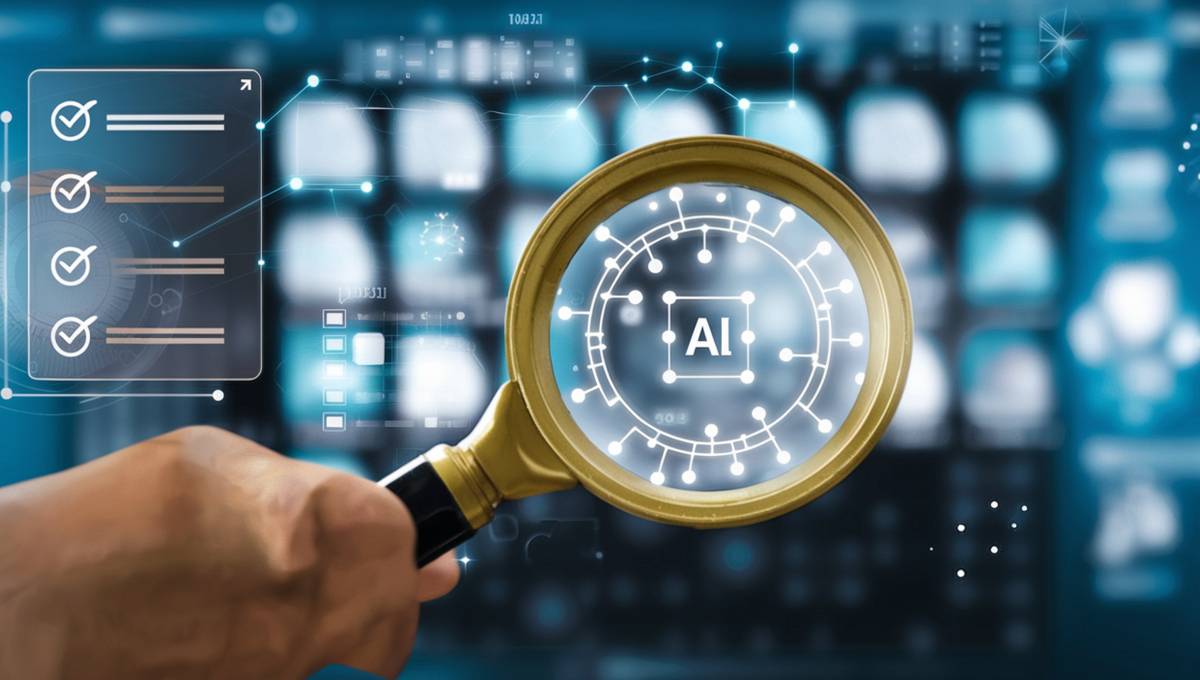

Artificial Intelligence (AI) is reshaping every process globally and healthcare compliance is no exception. The compliance department is quickly adapting to the use of AI and using it to streamline processes, improve risk management, and ensure adherence to ethical and legal standards. However, its integration requires robust governance to mitigate risks, uphold ethical principles, and maintain business integrity.
AI is transforming healthcare compliance by automating routine processes such as policy management, regulatory reporting, real time monitoring, and AI chatbot for routine questions. Machine learning algorithms analyze vast datasets to identify compliance risks, ensuring that organizations adhere to global and local industry regulations like EFPIA, ABPI, FSA, etc. AI-driven monitoring systems are increasingly being used to track interactions with external stakeholders i.e., healthcare professionals (HCPs), healthcare organizations (HCOs), etc., flagging potential breaches before they escalate.
AI-powered compliance chatbots are being explored to provide real-time guidance on policies, regulatory queries, and reporting procedures. These chatbots help employees navigate complex compliance frameworks by answering frequently asked questions on topics like third-party due diligence, HCP engagement, data privacy, etc.
AI-powered compliance solutions must adhere to global and local regulations, including:
Regulatory bodies are increasingly scrutinizing AI-driven compliance tools, making it essential for organizations to document AI decision-making processes and maintain audit trails.
Ethical AI deployment in compliance requires:
Companies must align AI usage with ethical business principles to uphold trust among stakeholders, regulators, and patients.
Despite its advantages, over-reliance on AI in compliance can introduce risks, including algorithmic bias, lack of contextual understanding, and data integrity issues. AI systems may misinterpret nuanced regulatory language or fail to consider industry-specific ethical dilemmas, leading to incorrect compliance assessments. Additionally, AI-generated recommendations must be continuously validated to prevent automation from inadvertently normalizing non-compliant behaviors.
AI should complement, not replace, human judgment in compliance functions. Compliance officers play a crucial role in interpreting regulatory guidelines, assessing ethical implications, and ensuring that AI-driven compliance decisions align with company ethos. Human oversight is necessary to monitor and validate AI-generated insights, escalate complex cases, and provide ethical context that AI alone cannot comprehend.
A structured risk assessment framework ensures responsible AI deployment in compliance activities. Organizations must:
Eunomia Pharma Services specializes in AI-driven compliance solutions,
offering expertise in:
By integrating AI responsibly, organizations can strengthen their compliance posture while maintaining ethical and regulatory integrity. Eunomia Pharma Services provides tailored solutions to help companies navigate the evolving intersection of AI and healthcare compliance with confidence.